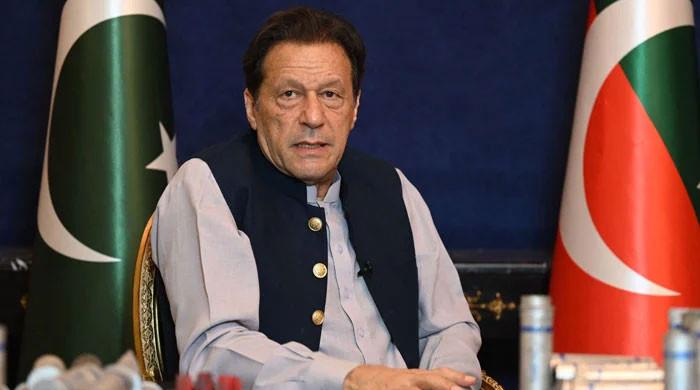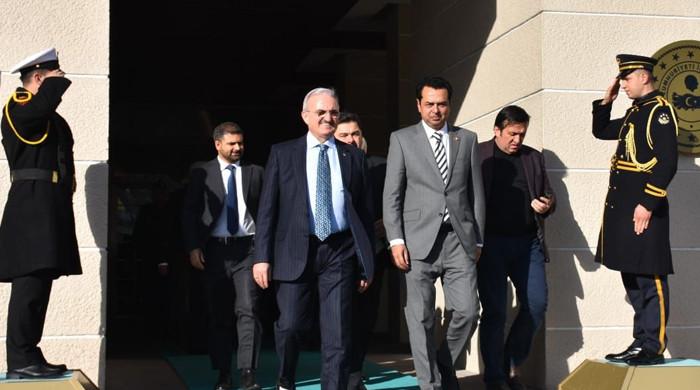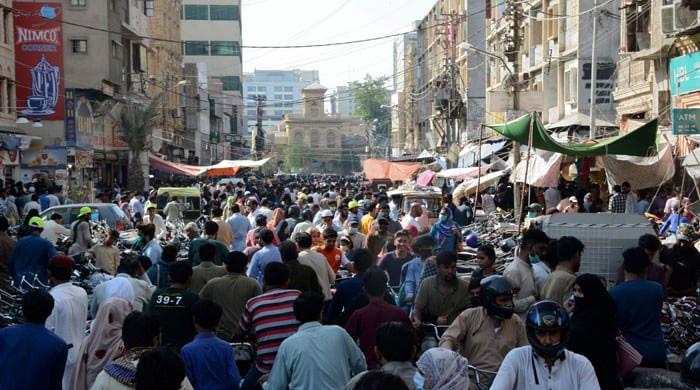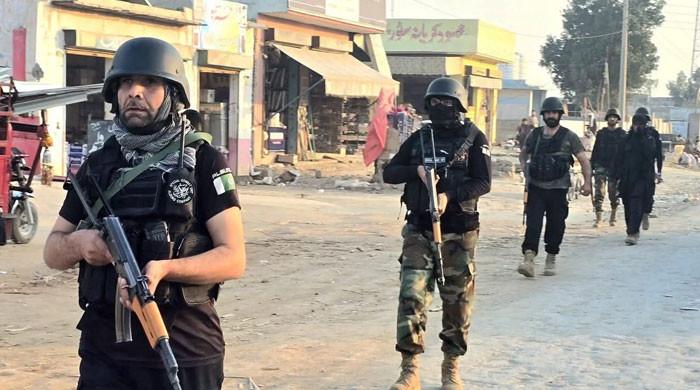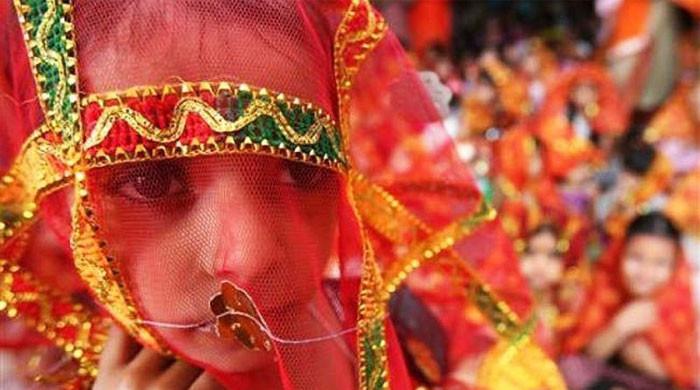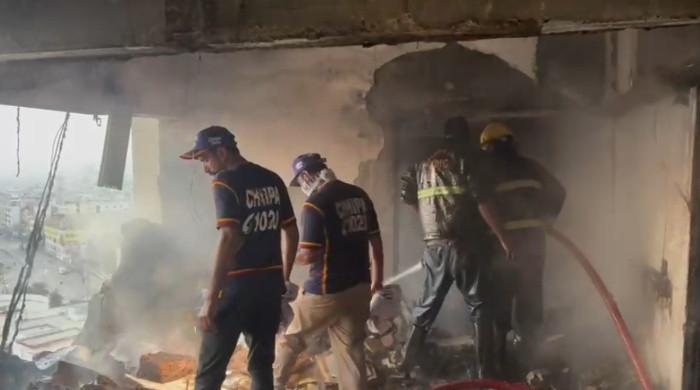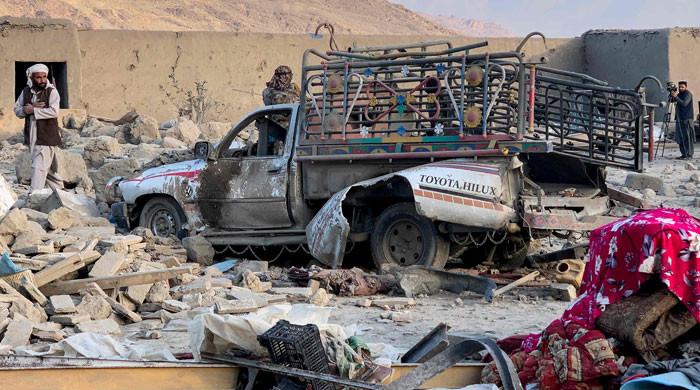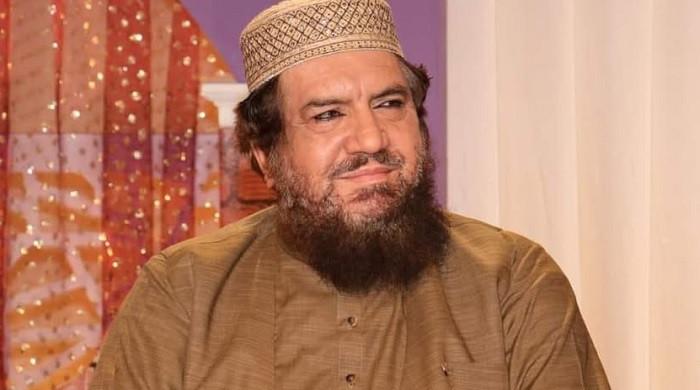Asghar Khan verdict: SC orders action against Beg, Durrani
ISLAMABAD: The Supreme Court on Thursday issued the detailed verdict in the Asghar Khan case, Geo News reported. The 140-page verdict is written by Chief Justice Iftikhar Muhammad...
November 08, 2012
The 140-page verdict is written by Chief Justice Iftikhar Muhammad Chaudhry.
Registrar Supreme Court Dr Faqeer Hussain read out the detailed verdict of the case.
In the detailed verdict, SC has stated that Younis Habib had confessed to distributing Rs40 million. The secret agencies have no right to make an election cell and the ISI and MI are duty bound to safeguard the borders, it added.
Elections of 1990 were rigged, the then President, Army Chief and DG ISI exercised their power illegally.
The verdict further says the elections should be held on time without any fear.
It said the president is the head of state and it does not suit him to support any group. Creating a political cell in the President House is illegal, it added.
It is pertinent to mention that a three-member bench of the apex court headed by Chief Justice Iftikhar Muhammad Chaudhry and comprising of Justice Jawwad S Khawaja and Justice Khilji Arif Hussain, had announced a short order, on Air Marshal (retd) Asghar Khan’s petition filed in 1996 accusing the ISI of distributing Rs60 million among the politicians to manipulate the general elections of 1990.
Ruling that the 1990 polls were rigged, the SC on October 19 directed the government to take action against former army chief Gen (retd) Mirza Aslam Beg and former chief of the Inter-Services Intelligence (ISI) Lt Gen (retd) Asad Durrani for violating the Constitution by manipulating the 1990 general elections.
The court ruled that both Durrani and Beg brought a bad name to Pakistan and its armed forces as well as secret agencies in the eyes of the nation. “Notwithstanding that they may have retired from service, the federal government shall take necessary steps under the Constitution and law against them,” said the short order.
The court also ordered the initiation of legal proceedings against the politicians who allegedly received donations to spend on election campaigns in 1990 and directed the Federal Investigation Agency (FIA) to conduct a transparent investigation on the criminal side against all of them and if sufficient evidence was collected, they should be sent for a trial according to the law.
The court ordered that any election cell/political cell in the Presidency or ISI or MI or within their formations be abolished immediately and any letter/notification to the extent of creating any such cell/department (by any name whatsoever, would stand cancelled forthwith).
The court ruled that the late Ghulam Ishaq Khan, the then president, Gen (retd) Beg and Lt Gen (retd) Durrani acted in violation of the Constitution by facilitating a group of politicians and political parties, etc, to ensure their success against thecandidates in the general elections of 1990 for which they secured funds from Younas Habib, former chief executive of now defunct Mehran Bank.
The court ordered that Younas Habib should also be dealt with in the same manner and civil proceedings should also be launched, according to law, against the said persons for the recovery of sums received by them with profit.
The court ruled that an amount of Rs80 million was stated to have been deposited in Account No 313, titled ‘Survey and Construction Group Karachi’ and maintained by MI, therefore, be transferred with profit to the Habib Bank Limited (HBL) with further direction that if the liability of the HBL had not been adjusted so far, otherwise the same might be deposited in the treasury account of the Pakistan government.
The court ruled that general elections held in 1990 was subjected to corruption and corrupt practices as in view of the overwhelming material produced by the parties during hearing in the case, “it has been established that an ‘election cell’ had been created in the Presidency, which was functioning to provide financial assistance to the favoured candidates, or a group of political parties to achieve desired result by polluting election process and to deprive the people of Pakistan from being represented by their chosen representatives.”
The short order observed that a president, in parliamentary system of government, being head of the state represented the unity of the republic under Article 41 of the Constitution and as per the oath of his office in all circumstances he would do right to all manner of people, according to law, without fear or favour, affection or ill will.




